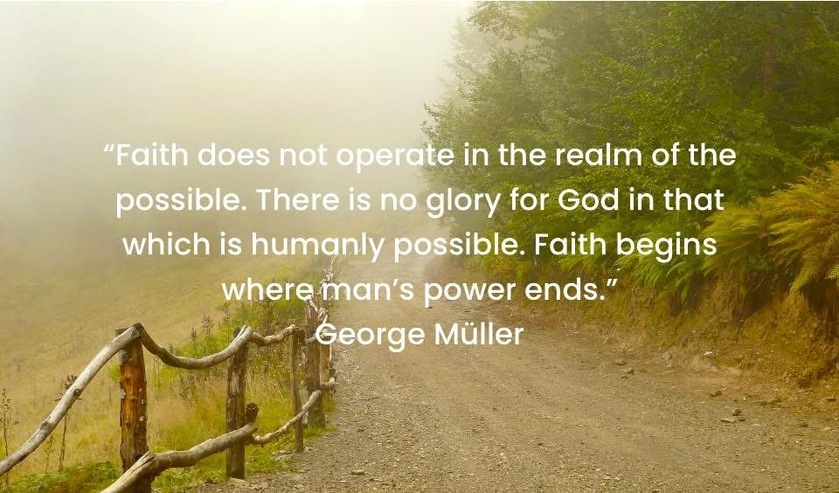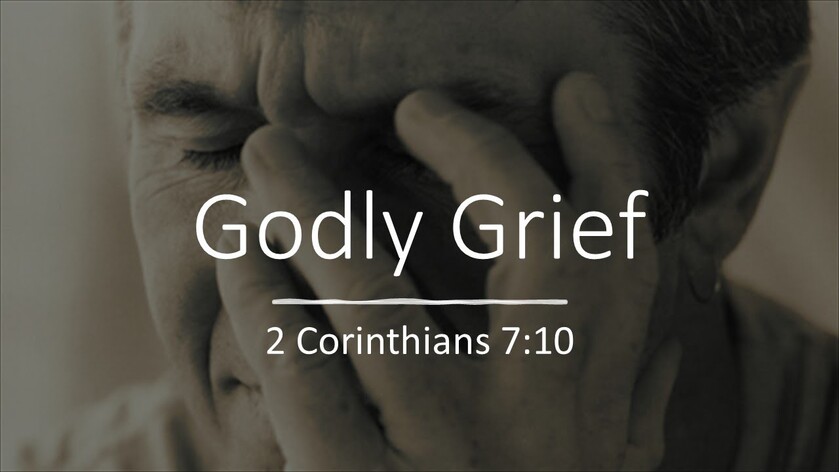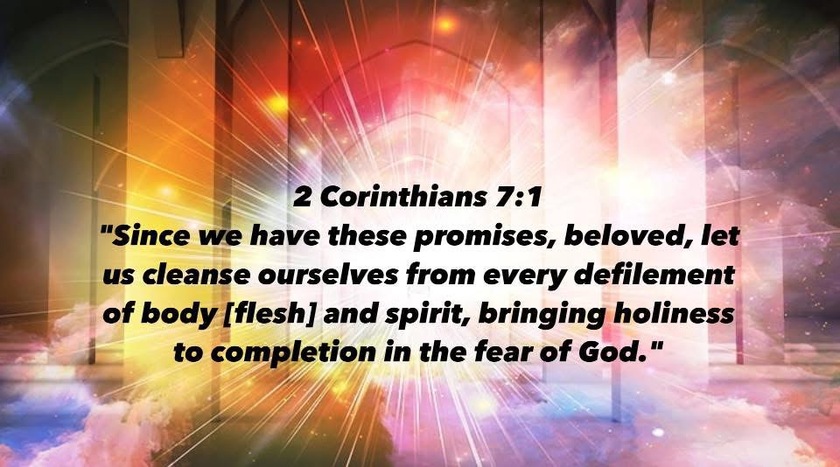Blessed in Mercy: Embracing God’s Reciprocal Grace
Psalm 41:1-3
"Blessed is the one who considers the poor! In the day of trouble the Lord delivers him; the Lord protects him and keeps him alive; he is called blessed in the land; you do not give him up to the will of his enemies. The Lord sustains him on his sickbed; in his illness you restore him to full health."
In the Hebrew language, poor "dal," can also mean the weak, afflicted, or lowly, not just the economically destitute. The promises here is deliverance in trouble, preservation of life, blessing in the land, resistance against enemies, sustenance during sickness, and restoration to health. That promise serves as encouragement that acts of mercy align with His divine justice and invites God’s reciprocal care.
There are a lot of good applications one can make of this promise. A lot of good acts that you might find yourself practicing; charity, advocacy, or simple kindnesses. But what do you suppose this is really all about? Why does God bless "the one who considers the poor"
At its heart, it's an expression of a foundational biblical principle: God’s kingdom operates on a divine economy of mercy and justice, where compassion toward the vulnerable reflects God's own character and invites His protective favor. And "considering" the vulnerable implies not mere pity, or a well seasoned politicians charity, but an active empathy, a wise engagement, thinking about their plight and responding with a genuine desire to help them. God blesses such people because their actions honor Him directly.
Proverbs 14:31
"Whoever oppresses a poor man insults his Maker, but he who is generous to the needy honors him."
One notable example of this generous spirit is the inspiring life of missionary and philanthropist George Mueller. He was a prominent 19th-century Christian evangelist who pioneered work in orphan care, and was widely recognized for his unwavering faith in God’s provision. He was born the son of a Prussian tax collector, and he often engaged in lying and stealing, which led to a selfish lifestyle. While in university he encountered Christians who profoundly influenced him. He began to read the Bible and pray, leading him to accept Christ as his savior. His conversion marked the beginning of a transformative journey into evangelism and inspired him to found orphanages. He became known for his profound faith and reliance on prayer.
Müller was moved by the plight of street children in Bristol, England, amid the Industrial Revolution’s poverty. Over his lifetime, he expanded to five large homes, eventually housing, feeding, clothing, and educating nearly 10,000 orphans, all funded through what he called "living by faith".
With Müller, honoring God meant walking the walk.
"Our walk counts far more than our talk, always!"
And he understood the importance of faith and putting ones dependence upon Christ's work. He understood that there is absolutely a profound reciprocity involved in giving ones life to God, and relying fully upon Him for all your needs.
"The vigor of our spiritual life will be in exact proportion to the place held by the Bible in our life and thoughts."
This isn’t a simplistic quid pro quo or "karma" system, but a reflection of covenantal faithfulness. Which really gets at the heart of this tradition of righteousness. By caring for the poor, one embodies the Torah’s commands to love one’s neighbor (Leviticus 19:18) and imitate God’s compassion. Jesus later amplifies this in His teachings like the parable of the sheep and goats (Matthew 25), where serving the "least of these" is equated with serving Him, determining humanities eternal outcomes. Ultimately, it’s about relational reciprocity within God’s family: when we extend mercy to those in need, we participate in His redemptive work, and He responds by sustaining us in our vulnerabilities.
Müller's work and faith echoes the call to identify with and care for the lowly, mirroring the Psalm’s promise of being "called blessed in the land" for such humility and compassion. Tied to his reliance on prayer for the orphans’ needs, his life aligns with the Psalm’s theme of God sustaining the faithful in weakness or sickness, turning human limits into divine restoration.
"Faith begins where man’s power ends...God’s provision is always enough, no matter the circumstances...I have joyfully dedicated my whole life to the object of exemplifying how much may be accomplished by prayer and faith."
And he really did exemplify that dedication, and an active faith that led to God’s provision and deliverance in times of trouble, and the reciprocal blessings of protection, sustenance, and restoration that came from aligning with divine mercy.
So the quid pro quo is really a reciprocal benefit for all parties concerned, including God. But not a balanced exchange between equals, this is more like a harmonious cycle of grace within God’s relational design, where everyone involved flourishes in alignment with His purposes. When we “consider the poor” through acts of mercy, we’re not just aiding the needy; we’re embodying God’s own heart for justice and compassion, which in turn glorifies Him and extends His kingdom on earth. The poor receive tangible help and dignity, the giver experiences blessing and divine protection, and God "benefits" in the sense that His character is honored and reflected.
This reciprocity isn’t about God gaining something He lacks. He delights in seeing His creation live out the imago Dei (the image of God) by caring for the vulnerable, which echoes His own actions as the ultimate defender of the weak. Ultimately, it’s a win-win-win because it fosters a community where mercy begets mercy, weakness finds strength, and God’s redemptive story unfolds through human faithfulness.
What set Mueller apart from other philanthropic efforts was his unique approach to funding. He believed that God would provide for the needs of the orphanages. He explicitly rejected any form of public fundraising. He believed that effective prayer was central to receiving God’s blessings. His journals vividly recount numerous instances where, through prayer, he was able to meet urgent needs.
In addition to providing shelter, Mueller emphasized a sustaining education and spiritual upbringing for the children. The orphanages structured a holistic curriculum that catered to the children’s basic needs and prepared them for future success. Many of his orphans went on to contribute positively to their communities.
For Mueller this wasn't transactional in a worldly sense but a relational dynamic rooted in imitation of God. Mercy, justice, generosity, taking on personal sacrifices to ensure that the children in his care received the best possible future. These remarkable characteristics were reflected in his radical trust in God’s provision.
George Müller’s extraordinary journey; from a wayward youth to a faith-filled pioneer who cared for thousands of orphans without ever begging for funds, vividly embodies this Psalm 41:1-3 truth.
Today, in our own spheres, whether through everyday kindnesses, advocacy for the marginalized, or bold steps of faith like Müller’s, let's embrace this harmonious cycle of grace.
Prayer:
Heavenly Father, as we reflect on Your promise in Psalm 41 to bless those who consider the poor, inspire us to embody Your compassion in our daily lives. Like George Müller, grant us unwavering faith to trust in Your provision amid trials, turning our acts of mercy into a harmonious cycle of grace that honors You, uplifts the vulnerable, and sustains us in every need.
In Jesus’ Holy name, Amen.




















